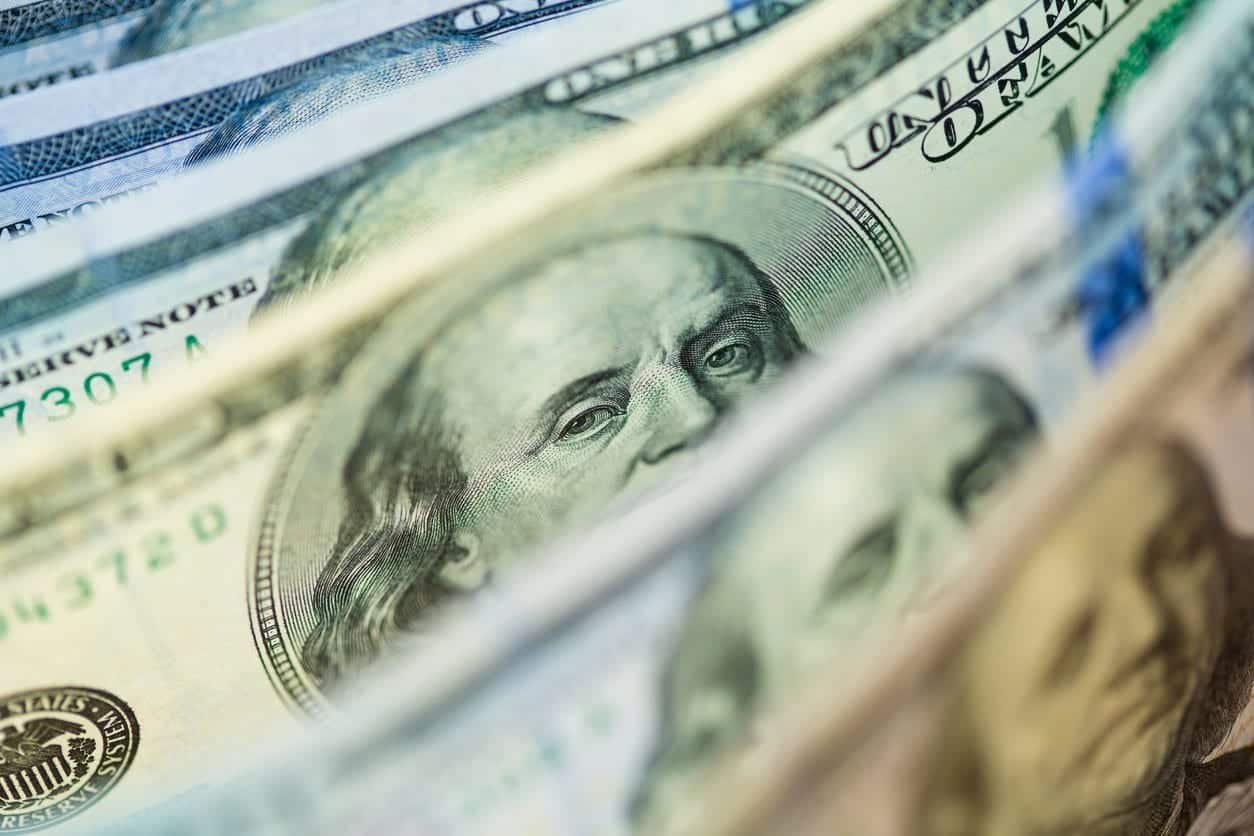
Money laundering did not become illegal in the U.S. until 1986 when Congress passed the Money Laundering Control Act. This federal law made it easy to prosecute because it removed individual intent and the limits of money involved.
Money laundering consists of three steps: placement, layering, and integration. Placement occurs when “dirty money” derived from illegitimate means is introduced into the financial system. The process of concealing the source of this dirty money is referred to as layering, i.e., the dirty money is concealed through complex financial transactions hidden by unlawful bookkeeping maneuvers. The final step of the illegal process, integration, occurs when the dirty money is acquired through supposedly legitimate means.
Feds Looking for Money Laundering in Texas Real Estate Deals
The U.S. Department of Treasury recently announced it had undertaken money laundering investigations into suspect real estate deals in Bexar County. The federal agency will try to determine if real estate deals are being used to conceal dirty money derived from drug trafficking, fraud, or other criminal activity.
This recently launched investigation in Bexar County requires title insurers to alert the Treasury Department of any individuals who purchase over $500,000 of real estate in all-cash transactions. Real estate is often used to conceal or transfer cash obtained from illegal activities. This is because once real estate is purchased, it can be sold and the proceeds can be sent anywhere in the world.
Bexar County became a target of the federal probe after such unlawful real estate schemes were uncovered in Manhattan, Miami, and San Francisco. In addition to Bexar County, federal authorities announced that other areas in New York would also be subject to this kind of federal investigation.
Why Bexar County?
Even though only 4% of real estate deals in Bexar Country are paid in cash, San Antonio is one of the closest cities to the Mexican border. This proximity leads the Treasury Department to believe that the city is a hub for drug cartels. Illicit Mexican loans and other cases of money laundering have been identified and serve as a red flag to federal authorities.
These new investigations are taking place in the midst of a big money laundering investigation involving Hector Javier Villarreal Hernandez who was arrested and convicted in 2014 on money laundering charges. He awaits his sentencing in October.
A former secretary of finance of Coahuila, Mexico, Hernandez reportedly used fraudulent loans to collect over $246 million. With that money, he bought $31 million worth of real estate assets in Bexar County, including a pharmacy, a strip mall, and a $1.3 million house. He plead guilty in 2014.
While Bexar County is the only Texas market that the Treasury Department is currently targeting, it is expected the federal probe will expand to other counties as real estate deals draw increasing scrutiny.
Money Laundering and Federal Court

Money laundering is the act of knowingly using the proceeds or assets obtained from criminal activity and concealing, transferring, or facilitating the use of those proceeds.
In the case of Bexar County, this criminal activity may be related to drug trafficking. That’s why money laundering is typically an add-on offense in a broader drug trafficking and conspiracy case.
Money laundering can be charged at the federal or state level.
In Texas state courts, money laundering is a felony and is penalized depending on the amount of money that was involved in the crime. In the case of the recent Bexar County investigations, home purchases over the amount of $500,000 would be charged as a first degree felony. This kind of felony comes with minimum penalties of 5 years in prison and $10,000 in fines. But remember, that’s at the state level.
Since the Treasury Department is heading this investigation, any criminal activity that is uncovered will be brought to the federal court. The Treasury Department’s involvement in these cases is generally triggered when the money that is laundered comes from drug trafficking across state lines or international borders.
If convicted of money laundering in federal court, you face up to 20 years in prison, as well as a $500,00 fine, or twice the amount involved in the transaction (whichever is greater).
The individuals currently being investigated by the Treasury Department could face, at minimum, $1,000,000 in fines.
It’s also important to note that these penalties are just for a single money laundering conviction. With all of the federal agencies and an experienced federal prosecutor against you, additional charges may be added regarding the origins of the criminal activities that were committed to produce the laundered money. The 20 years for money laundering may just be the beginning of your sentence.
What Does This Mean For You?

These investigations concern everyone who is involved in the real estate industry around Bexar County, particularly anyone who has participated in an all-cash sale.
No matter what reason you have for buying real estate through an all-cash sale, it is important to know that this type of transaction might have you under federal investigation. If you are charged with money laundering and face federal prosecution, you will need an experienced lawyer to get your case dismissed and your charges dropped.
Reach out to us today for more information on how money laundering is detected and how to fight charges in federal court.



